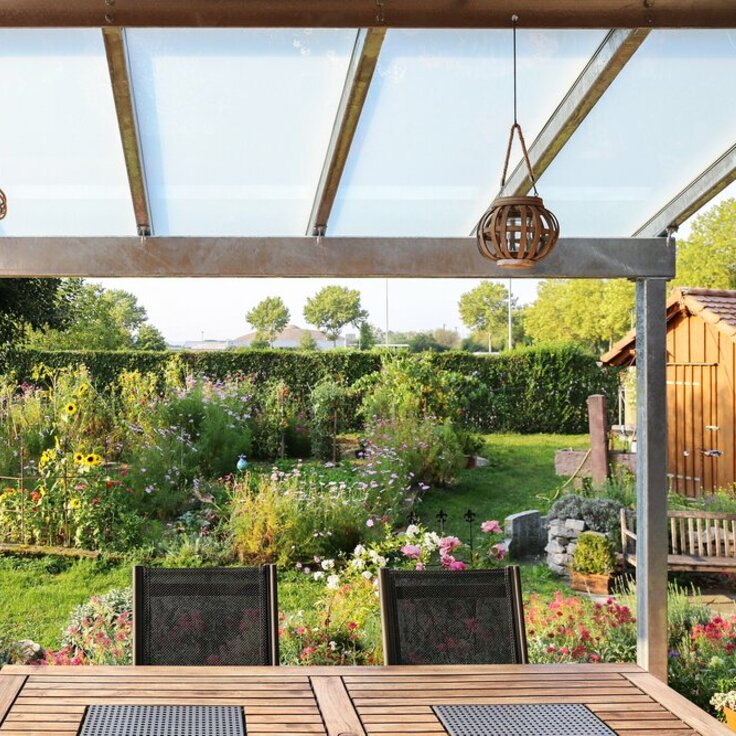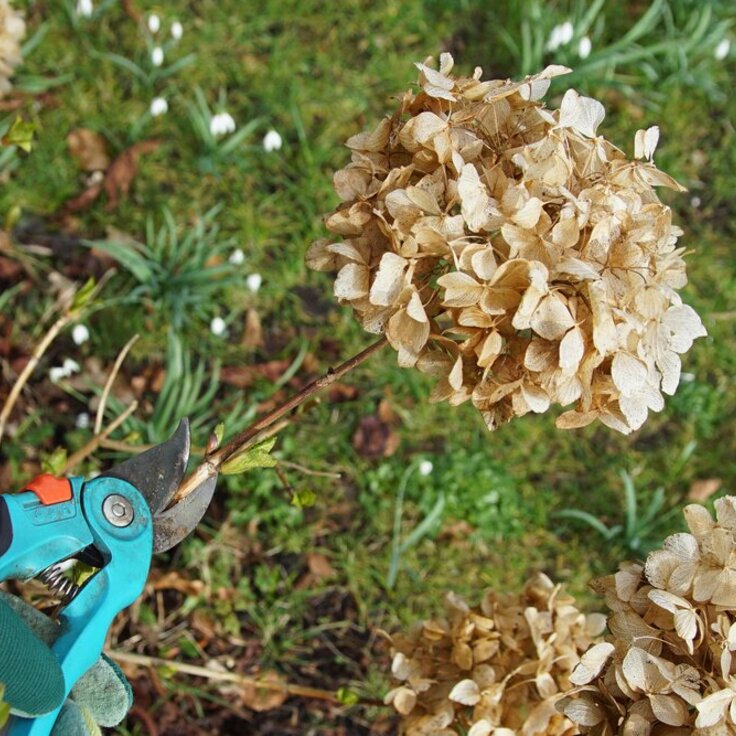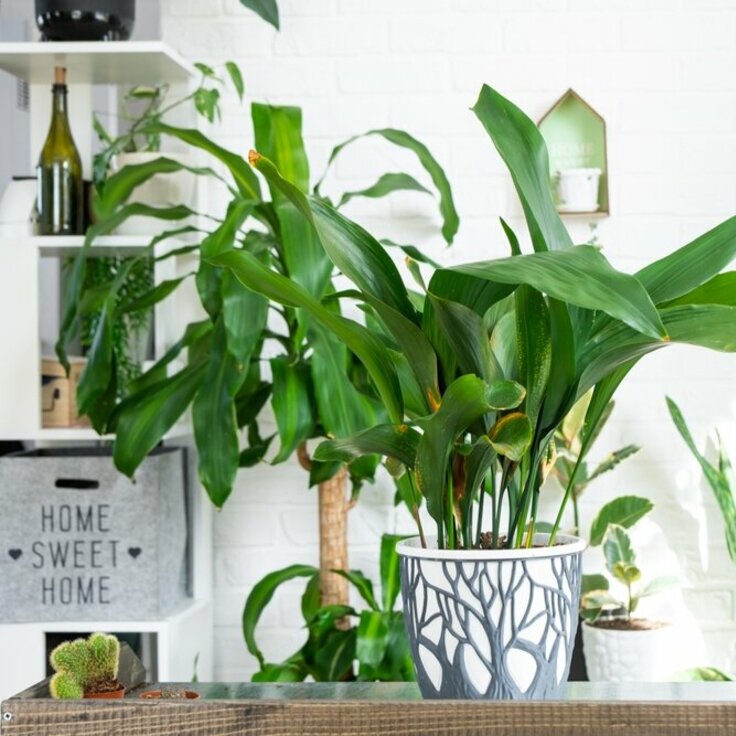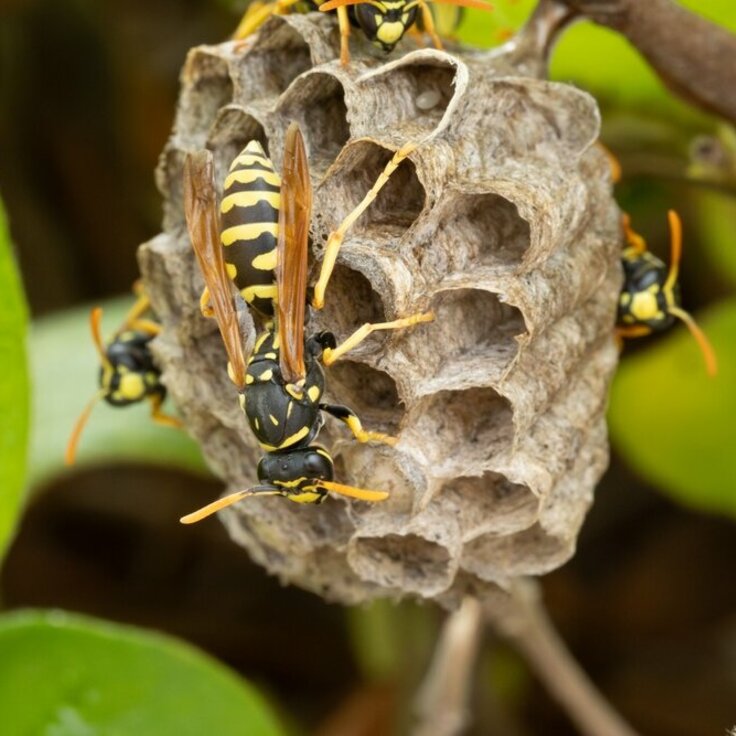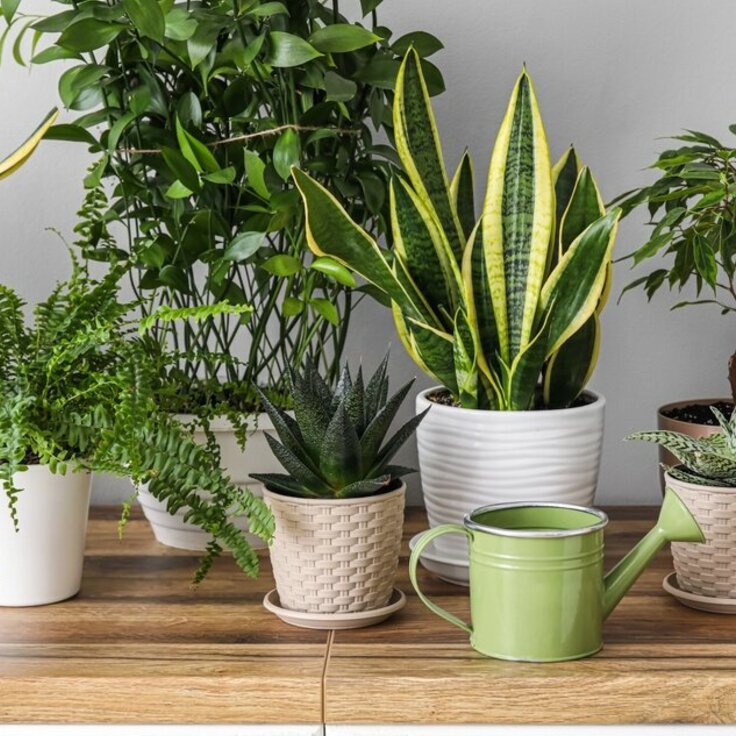Smart Gardening in Ireland: How Technology is Redefining Our Outdoor Spaces
The way we care for our gardens is changing at an astonishing pace. With sustainability and convenience driving innovation, smart garden technology is enabling homeowners to create beautiful, thriving outdoor spaces without the time-consuming chores that used to come with them. From automated irrigation to intelligent lighting, today’s tools work in harmony with nature, conserving resources and improving plant health.
Leading the charge are solutions such as drip irrigation, robot mowers, and smart sprinkler controllers — but these are just the beginning. A new generation of connected devices, including weather sensors, smart compost bins, and greenhouse automation systems, is turning ordinary gardens into efficient, eco-friendly sanctuaries.
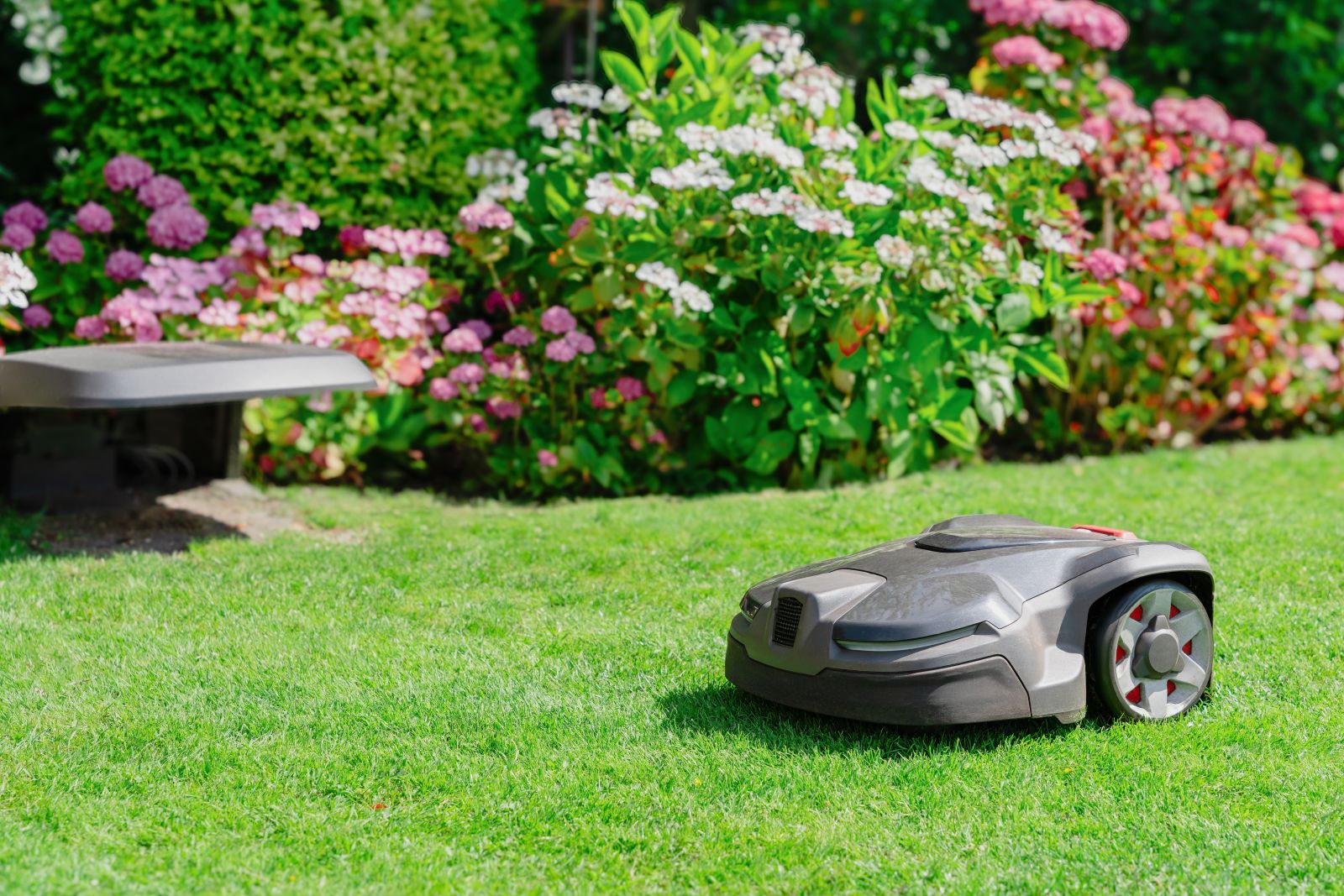
Drip Irrigation: Water Where It’s Needed Most
Gone are the days of soaking entire flowerbeds with a hose and hoping for the best. Drip irrigation systems deliver a steady trickle of water directly to plant roots, dramatically reducing evaporation and runoff. By keeping moisture where it matters, they support stronger root development and reduce the risk of disease.
Many UK gardeners now opt for smart-enabled drip systems, which can be managed via a mobile app. These allow for remote scheduling, soil moisture monitoring, and seasonal adjustments — ideal for those who split their time between home and work or travel frequently.
Robot Mowers: Hands-Free Lawn Perfection
For many, mowing the lawn is a chore best avoided. Robot mowers offer an effortless alternative, quietly navigating the garden to keep grass at the perfect height. Using GPS mapping and obstacle detection, they can handle complex lawns, work in the rain, and recharge themselves without human intervention.
Unlike traditional mowers, which cut grass less frequently, robot mowers operate regularly, leaving behind fine clippings that break down quickly and feed the lawn naturally. This reduces the need for fertilisers while keeping your lawn lush and healthy.
Smart Sprinkler Controllers: Intelligent Irrigation for Lawns
For larger lawns or mixed planting areas, a smart sprinkler controller can optimise watering schedules automatically. By factoring in local weather forecasts, humidity levels, and recent rainfall, it ensures that water is only used when needed.
This type of controller is particularly valuable in the UK, where unpredictable weather can make manual scheduling inefficient. Imagine avoiding the frustration of sprinklers running during a rain shower — a smart controller prevents exactly that.
Beyond the Basics: Other Smart Garden Innovations
While the “big three” smart garden devices focus on watering and lawn care, there’s a wealth of other technology transforming British gardens:
1. Smart Garden Lighting
Outdoor lighting has evolved far beyond static fixtures. App-controlled smart lighting allows you to set timers, adjust brightness, and even change colours to suit the season or occasion. Motion-activated lights add security, while solar-powered options reduce energy costs.
2. Weather & Soil Sensors
Small, unobtrusive devices can now monitor temperature, humidity, sunlight, and soil conditions in real time. Paired with your irrigation system, they can trigger watering only when your plants truly need it.
3. Automated Greenhouse Systems
For keen gardeners with greenhouses, automation can regulate temperature, ventilation, and even shading. These systems help maintain the perfect growing environment year-round, reducing labour while improving yields.
4. Smart Compost Bins
Composting doesn’t have to be messy or guesswork. Smart compost bins track internal temperature and moisture, sending alerts when materials need turning or additional input. They speed up the composting process and help you create nutrient-rich soil for your plants.
The Benefits of a Smart Garden
The appeal of a smart garden is more than convenience — it’s about creating an environment that supports both plants and people.
- Efficiency – Automated systems reduce waste, whether that’s water, electricity, or fertiliser.
- Sustainability – Using resources only when necessary helps lower your environmental impact.
- Time-Saving – From lawn mowing to watering, the most time-consuming chores can run in the background.
- Healthier Plants – Consistent care tailored to each plant’s needs leads to stronger, more resilient greenery.
- Customisation – Most systems allow fine-tuning, so you can adapt them to your garden’s unique conditions.
How to Start Your Smart Garden Journey
For those new to garden automation, the best approach is to start small and expand:
- Identify your biggest challenge – Is it watering, lawn care, or plant monitoring?
- Choose one or two devices – Many gardeners begin with a drip irrigation kit or robot mower.
- Check connectivity – Ensure your devices work with your chosen smart home ecosystem (e.g., Alexa, Google Home).
- Integrate over time – Add lighting, sensors, and other systems as your confidence grows.
- Monitor and adapt – Use the data from your devices to refine schedules and improve efficiency.
Looking Ahead
The smart garden movement is still growing, with new products appearing each year. Advances in AI will make these systems even more intuitive — predicting plant needs, adapting to changing climates, and offering personalised care recommendations.
For UK homeowners, this means more time to enjoy the garden rather than work in it, and a reduced environmental footprint in the process. Whether you choose drip irrigation for water efficiency, a robot mower for immaculate lawns, or a smart sprinkler controller for responsive irrigation, combining these with innovations like lighting, sensors, and greenhouse automation can turn your outdoor space into a true 21st-century garden.



